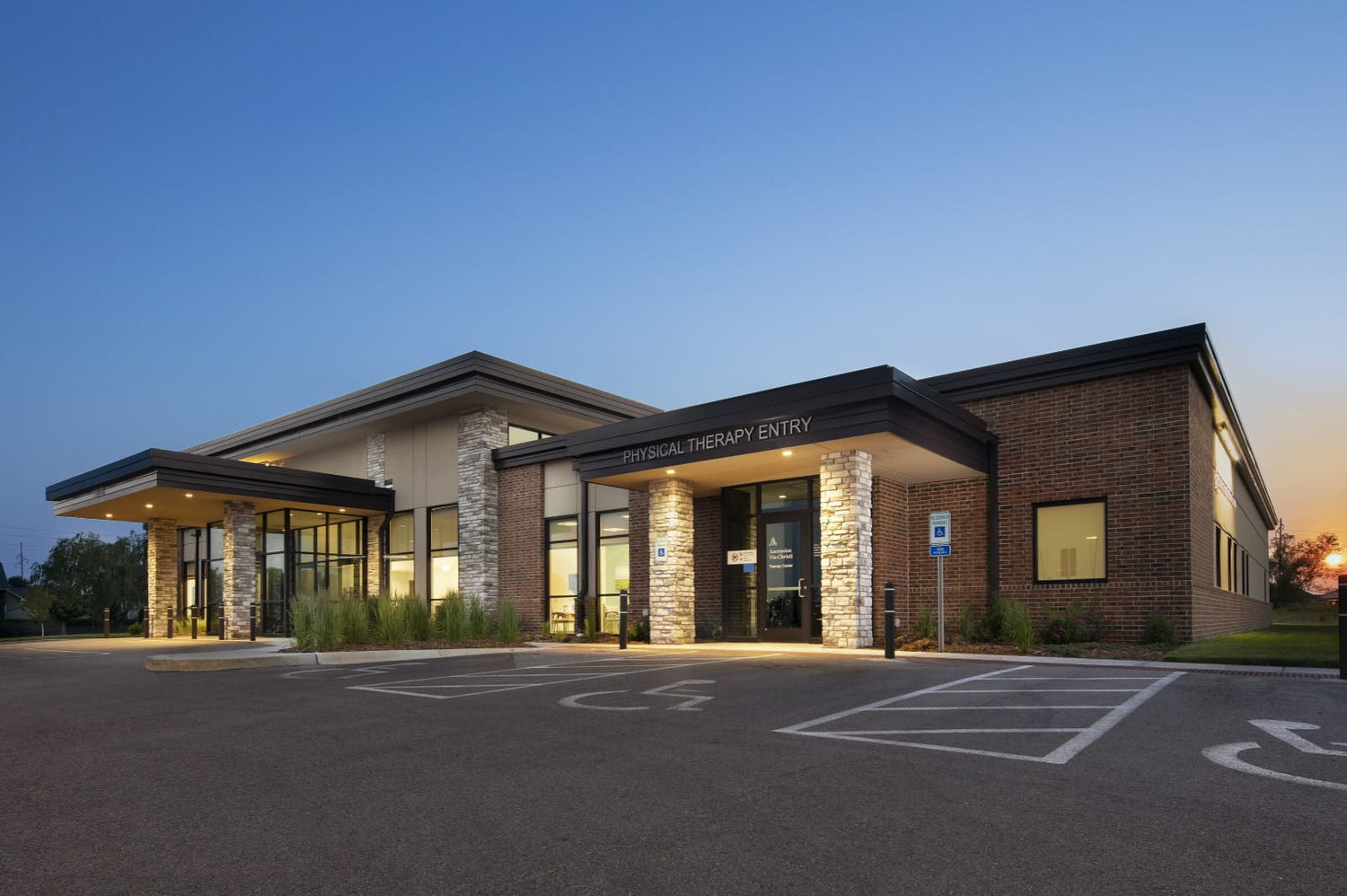Investing in commercial real estate (CRE) can be a powerful strategy for building wealth, but for first-timers, the process can feel complex and daunting. This guide will help you navigate the steps—from finding deals to securing financing, making competitive offers, and closing with confidence.
Table of content
- 1. What to Know Before You Start
- 2. Step 1: Identifying Investment Opportunities
- 3. Step 2: Securing Financing for Your First CRE Investment
- 4. Step 3: Making a Competitive Offer
- 5. Step 4: Closing the Deal and Performing Due Diligence
- 6. Conclusion: Start Building Your Commercial Real Estate Portfolio
What to Know Before You Start
Before diving in, it's helpful to have a basic understanding of commercial real estate financing and the main CRE investment strategies that align with your goals. Commercial properties include a range of asset types, from multifamily apartment buildings to office spaces, retail centers, and industrial warehouses. Each type has unique risks and potential for returns, so your first step is deciding what kind of property you’d like to pursue.

Step 1: Identifying Investment Opportunities
To find the right property, analyzing market and location data is key. Here’s how to start:
- Explore Different Property Types: Consider which asset class—whether multifamily, retail, or industrial—aligns with your risk tolerance and long-term goals.
- Evaluate Market Trends: Use online resources like CoStar, LoopNet, and local market reports to gauge demand, vacancy rates, and other relevant indicators.
- Conduct Local Research: Look at factors such as nearby businesses, future development plans, and demographic shifts in your chosen market.
For a hands-on example, consider John, a first-time investor in Dallas. He focused on multifamily properties in neighborhoods with growing job opportunities, which ultimately helped him secure reliable tenants and steady cash flow.

Step 2: Securing Financing for Your First CRE Investment
One of the biggest steps in buying a CRE property is securing commercial real estate financing. Here are the common options:
- Traditional Loans: Banks and credit unions offer commercial real estate loans but often require substantial down payments.
- Small Business Loans (SBA): The SBA offers loans for qualifying property purchases, especially for owner-occupied properties.
- Real Estate Syndications or Partnerships: Pooling resources with other investors can help you secure larger deals with less initial capital.
Each financing route has pros and cons, so weigh your options carefully. For instance, traditional loans might have lower interest rates but higher upfront costs, while syndications can help spread costs and risks across multiple investors.

Step 3: Making a Competitive Offer
After finding a property and arranging financing, it’s time to put in an offer. Here’s how to stand out:
- Assess the Property Value and Cap Rate: Cap rate is an essential metric when evaluating the potential profitability of a property. Look for properties with cap rates that align with your investment strategy.
- Evaluate Cash Flow: Examine projected cash flows, including Net Operating Income (NOI) to ensure the property will generate consistent income.
- Consider Property Condition and Inspection Reports: If the property requires extensive repairs, factor that into your offer and negotiate accordingly.
To illustrate, Sarah, a new investor, successfully closed on a retail space by offering a competitive down payment and agreeing to an expedited inspection period—demonstrating her commitment to a smooth closing.

Step 4: Closing the Deal and Performing Due Diligence
The final steps in securing your first CRE investment involve due diligence and closing.
- Hire a Professional Inspector: Schedule a thorough property inspection to identify any potential issues.
- Review All Contracts and Lease Agreements: Understanding the terms of existing leases is crucial. Assess the tenant's financial health to ensure they can reliably meet lease terms.
- Finalize Financing: Confirm your funding, interest rates, and payment terms before the closing date.
Completing due diligence is non-negotiable. Skipping it can result in unexpected repair costs or lease disputes later on, cutting into your potential returns.

Conclusion: Start Building Your Commercial Real Estate Portfolio
Securing your first commercial property investment is a rewarding journey that sets the foundation for long-term wealth and financial security. Remember to conduct thorough research, carefully consider your financing options, and evaluate your deals with an eye for cash flow and market stability. For additional support, consider joining our Facebook group or coaching program for personalized guidance on achieving your commercial real estate goals.

Check out our other Commercial Real Estate Blogs to help you with your investing journey...
 Commercial Real Estate Investing
Commercial Real Estate Investing
Building a Winning Team for Your First Commercial Real Estate Deal: Essential Experts for CRE Success
 Commercial Real Estate Investing
Commercial Real Estate Investing
Why Location Matters in Commercial Real Estate: Key Factors for Choosing the Best Investment Locations
Keywords:
- Commercial Real Estate Investment
- CRE Financing
- First-time Real Estate Investor
- Real Estate Market Analysis
- Closing a Real Estate Deal
- CRE Investment Strategies
- Real Estate Due Diligence




